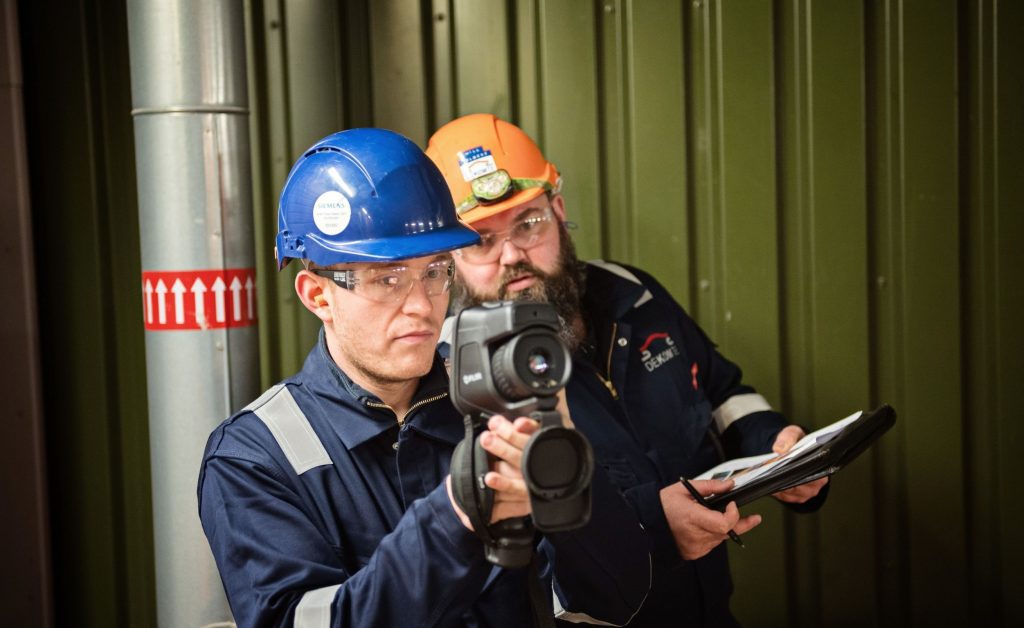An oil refinery or petroleum refinery is an industrial process plant where crude oil is transformed and refined into more useful products such as petroleum naphtha, gasoline, diesel fuel, asphalt base, heating oil, kerosene, liquefied petroleum gas, jet fuel and fuel oils.
Petrochemicals feed stock like ethylene and propylene can also be produced directly by cracking crude oil without the need of using refined products of crude oil such as naphtha.
Chemical process plants require high quality piping and mechanical process equipment, all of which require expansion joint solutions. Design integration for movement and pipe stresses requires a long-life concept approach, coupled with a strong understanding of materials and their durability to the medium and environment of the plant.
Fluid Catalytic Cracking Units (FCCU) are considered the heart of the refinery. The process converts heavy crude oil into several more valuable products including liquefied petroleum gas, gasoline, kerosene, jet fuel, diesel oil, Propylene and some Fuel Oils.
The FCC operates at very high pressures and temperatures (760 °C / 1400 ºF), consequently resulting in large thermal movements that must be absorbed by the expansion joint. Adding a catalyst to the refining process exposes the expansion joint to gradual deterioration and possible premature failure if the right design is not installed or if crucial components are missing.

 Conventional Coal Power Plant – Ash Hopper Retrofit in England
Conventional Coal Power Plant – Ash Hopper Retrofit in England
